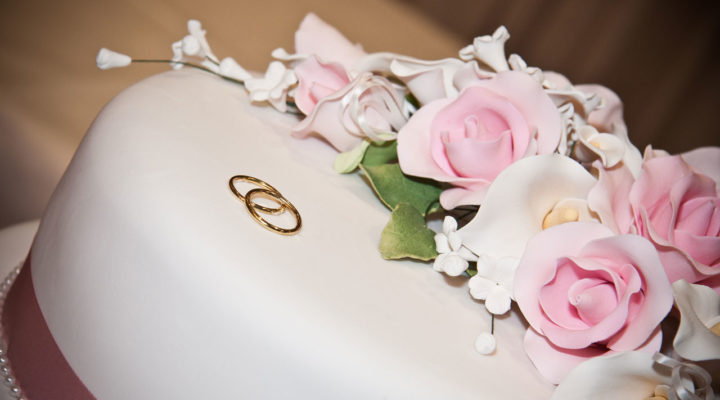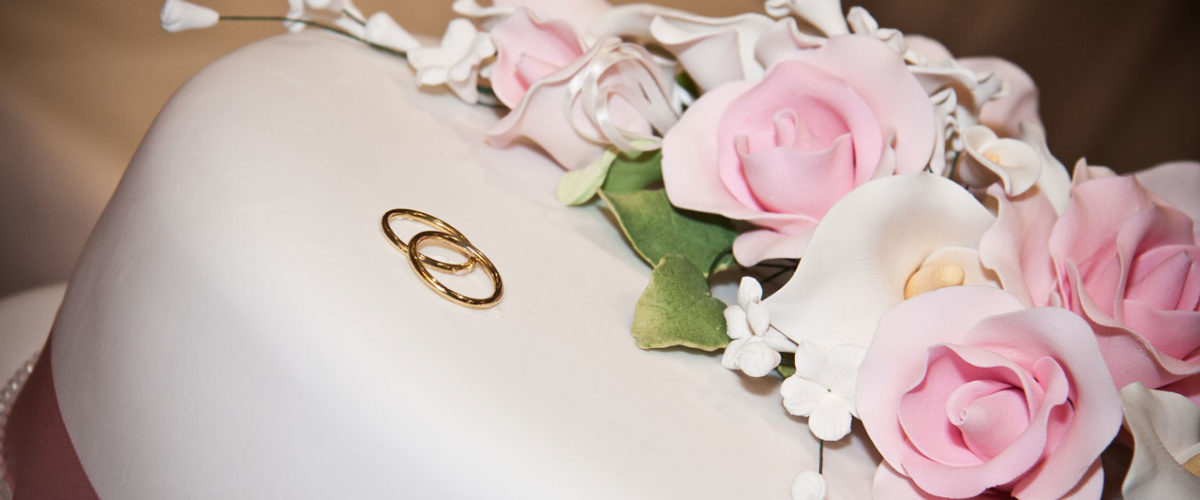U.S. Supreme Court justices weighed religious freedom against LGBT rights during 60 minutes of oral arguments Dec. 5 about whether the First Amendment bars Colorado from requiring a baker to create a cake for a same-sex wedding.
Veteran court observers predict the verdict in Masterpiece Cakeshop v. Colorado Civil Rights Commission will come down to a swing vote by Justice Anthony Kennedy.
According to SCOTUS blog analyst Amy Howe, Kennedy initially seemed sympathetic to the same-sex couple but later expressed concern that Colorado was not sufficiently tolerant of the baker’s religious freedom.
Howe and other observers at the hearing said conservative justices who spoke — Chief Justice John Roberts and Justices Samuel Alito and Neil Gorsuch — seemed to favor Jack Phillips, owner of Masterpiece Cakeshop in Lakewood, Colo., who cited his religious beliefs in turning down a wedding cake order for a gay couple in 2012.
The court’s more liberal justices reportedly appeared to favor couple Charlie Craig and David Mullins and the Colorado statute that requires businesses engaged in any sales to the public to serve all customers regardless of race, creed, color or sexual orientation.
More than 100 amicus briefs intended to influence justices in the high-profile case included an October filing by religious groups including the Baptist Joint Committee for Religious Liberty. Arguing on behalf of the state of Colorado, the BJC brief said a commercial baker should not be able to refuse service to a same-sex couple based on the baker’s sincerely held religious belief about marriage.
“Religious liberty is a fundamental principle, protected in a variety of ways, including by state public accommodation laws,” BJC General Counsel Holly Hollman said in response to today’s oral arguments. “Colorado’s law ensures equal treatment in the marketplace without regard to religion and other characteristics. That protection is good for religious liberty.”
Other religious groups including the Ethics and Religious Liberty Commission of the Southern Baptist Convention sided with the baker. They argued that religious liberty includes not merely the freedom to worship in church or at home but also to practice faith in public, including the workplace.
More progressively minded Baptists, meanwhile — including the Alliance of Baptists, Association of Welcoming and Affirming Baptists and Baptist Peace Fellowship of North America — joined nearly 1,300 clergy and religious leaders in a brief calling “it both morally wrong and not constitutionally required to permit blanket discrimination in the public marketplace for goods and services based on the personal religious beliefs of merchants with respect to same-sex couples’ rights and relationships.”
Hollman said Christians hold different views about marriage and that no one should doubt the baker’s religious objection is sincere, “but the assertion of a faith-based objection cannot be enough to justify an exemption from a nondiscrimination law.”
[Best_Wordpress_Gallery id=”8″ gal_title=”Masterpiece Cake – BJC”]
Hollman said such a rule would not protect religious liberty, but rather put it at greater risk.
“While this case involves a same-sex couple, the baker’s free exercise argument would open the door to rejections of interracial or interfaith couples by all kinds of businesses,” she warned.
Hollman said the Colorado statute — which does not apply to houses of worship and other religious institutions — “strikes an appropriate balance by ensuring access to the commercial marketplace without unlawful discrimination.”
“It is essential to protect all of our churches and their members’ diverse religious beliefs about marriage while — at the same time — recognizing as citizens and Christians that we should treat all equally and without regard to religious differences in the commercial marketplace,” Hollman said.
U.S. Supreme Court cases are open to the public but not live-streamed on the Internet. Audio recordings are typically made available the Friday following oral arguments.
A ruling is expected by June 2018.
Previous story:
Baptists, others faith groups say religious liberty not a license to discriminate
Related commentary:
Questions the court should ask the baker’s lawyer | Brett Younger



